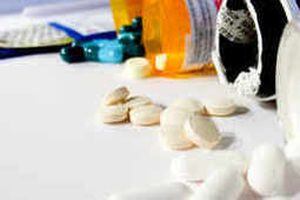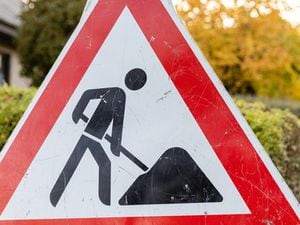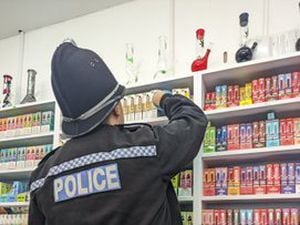High use of antibiotics in the Black Country triggers fears
The Black Country has among the highest number of people taking antibiotics in the country - amid fears they will eventually become immune to them.

Every area has above the national average of people regularly prescribed the medication.
More than £6 million has been spent by health bosses in the region on antibiotics in the last year - and Sandwell is 15th highest in the country out of 210 areas, shelling out £1.7m.
And experts are now calling for some doctors to face disciplinary action for prescribing too many antibiotics.
In Sandwell there were 72,179 items prescribed per 100,000 people last year.
Meanwhile Walsall spent £1.03m at a rate of 76,846 per 100,000, and Dudley paid £1.14m, equating to 71,280 items per 100,000 people.
Wolverhampton bosses spent £980,765 on prescribing 71,802 items per 100,000 residents.
And though Cannock Chase spent £461,224, its lower population means 74,914 prescriptions were written per 100,000 people.
Across England £193 million was spent on antibiotics by clinical commissioning groups at a rate of 70,233 items per 100,000 people, research carried out by the Health and Social Care Information Centre reveals.
Warley MP John Spellar said the figures were 'very concerning' and added: "Obviously when people need antibiotics they should be able to get them, but we have got to be very much aware of the dangers of creating antibiotic-resistant bacteria which could cause a national, and indeed in these days of easy travel, a worldwide epidemic."
The National Institute for Health and Care Excellence has called for a crackdown on the number of antibiotics that are prescribed.
Experts fear that, with no new class of antibiotics or other major scientific development in 30 years, the effects of antibiotics will reduce as the years go by.
Professor Mark Baker, director of the centre for clinical practice at NICE, said millions of 'frequent flyer' patients were becoming addicted to the idea of antibiotics, often touring surgeries and A&E wards until they received a prescription.
He has warned that the growing crisis of antimicrobial resistance, in which the profligate use of drugs has allowed bacteria to develop resistance, threatened healthcare and the 'whole basis of medicine'.
He said infections would have to be treated by surgery if drugs no longer worked.
NICE has published guidance on the issue for doctors, dentists, podiatrists, pharmacists and other professionals.
Wyre Forest health chiefs shelled out £367,203 on antibiotics, at a rate of 77,010 per 100,000 people, while Stafford and Surrounds CCG spent £524,987 at a rate of 70,126 per 100,000.
Tim Ballard, vice-chairman of the Royal College of GPs, said the guidance 'to provide the right antibiotic at the right dose at the right time' was sensible.
He added: "But we can come under enormous pressure from patients to prescribe antibiotics, even when we know they are not the right course of action. People must realise that this is dangerous for each and everyone of us, not just 'other people'."
A Department of Health spokesman said that the use of antibiotics was the responsibility of patients as well.
He added: "In order to make sure we have effective antibiotics for generations to come, we are raising global awareness of the dangers of resistance to antibiotics and providing tools for GPs to support prescribing decisions."





